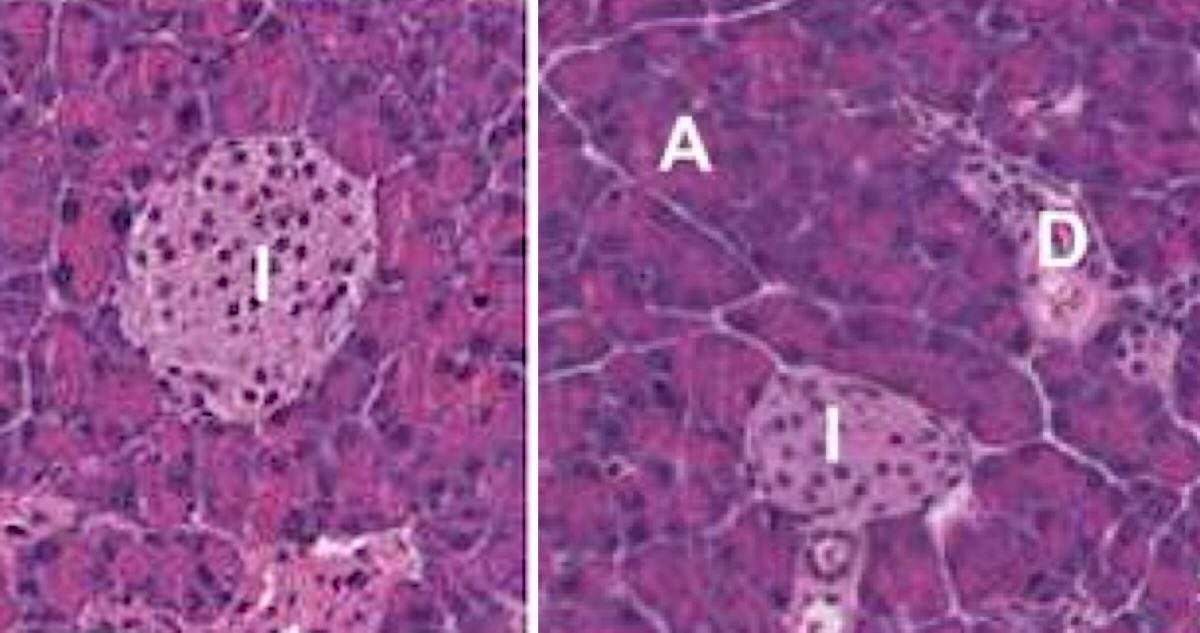Revolutionary Cancer-Fighting Implant: Harnessing Powerful Immune Responses to Target Tumors Safely

A groundbreaking technological advancement in cancer treatment is on the horizon, thanks to a new implant designed to boost immune responses against some of the most challenging cancers. This innovative device, known as the "cytokine factory," has shown significant promise in combating aggressive cancers such as metastatic melanoma, pancreatic, and colorectal tumors. Developed by a dedicated team at Rice University’s Biotech Launch Pad in Houston, Texas, this implant could change the landscape of cancer therapy.
The Mechanism Behind the Cytokine Factory
Positioned strategically near the tumor microenvironment, the cytokine factory releases engineered cells that produce interleukin-12 (IL-12), a potent protein that draws in specialized immune cells known as precursor exhausted T cells (Tpex cells). This recruitment process results in a robust and lasting population of tumor-fighting T cells, as detailed in a recent study published in The Journal of ImmunoTherapy of Cancer.
- Key Findings:
- The cytokine factory enhances immunotherapy while reducing toxicity.
- IL-12 is more effective than other cytokines, leading to a diverse array of T cells.
- Preclinical models showed elimination of local and distant tumors in various cancer types.
Insights from the Research Team
Professor Omid Veiseh, the lead author of the study, expressed the importance of this technology: "The IL-12 cytokine factory is designed to improve immunotherapy approaches while minimizing toxicity, which is crucial for treating aggressive cancers." The implications of this research are significant, as it paves the way for an investigational new drug application with the U.S. FDA next year, along with plans to establish a biotech company centered around this innovative technology.
Safety and Efficacy in Preclinical Trials
Combining the IL-12 cytokine factory with checkpoint inhibitors has demonstrated the capability to eliminate tumors effectively in animal models, including mice and non-human primates. The study confirms both the efficacy and safety of this device, marking a promising step toward future clinical trials.
Dr. Nathan Reticker-Flynn from Stanford University commented on the challenges of using immunotherapy for solid tumors, noting that toxicity often complicates treatment. He stated, “Our study highlights not just the effectiveness of this technology in preclinical environments but also its favorable safety profile, which is vital as we advance towards clinical testing.”
A Future Filled with Hope
As researchers continue their work, they are optimistic about the impact this technology will have on cancer patients. Professor Veiseh remarked, "We are hopeful that this innovation will play a pivotal role in enhancing the effectiveness of immunotherapy in clinical settings."
The journey towards effective cancer treatments is filled with challenges, but advancements like the cytokine factory provide hope for improved outcomes for individuals facing aggressive cancers.
For more inspiring breakthroughs in cancer research, explore related articles such as Hope for Patients with Aggressive Breast Cancer: Vaccine Trial Results in 88% Survival Rate After 3 Years.
By sharing this news on social media, you can help spread awareness about these promising developments in cancer treatment.
